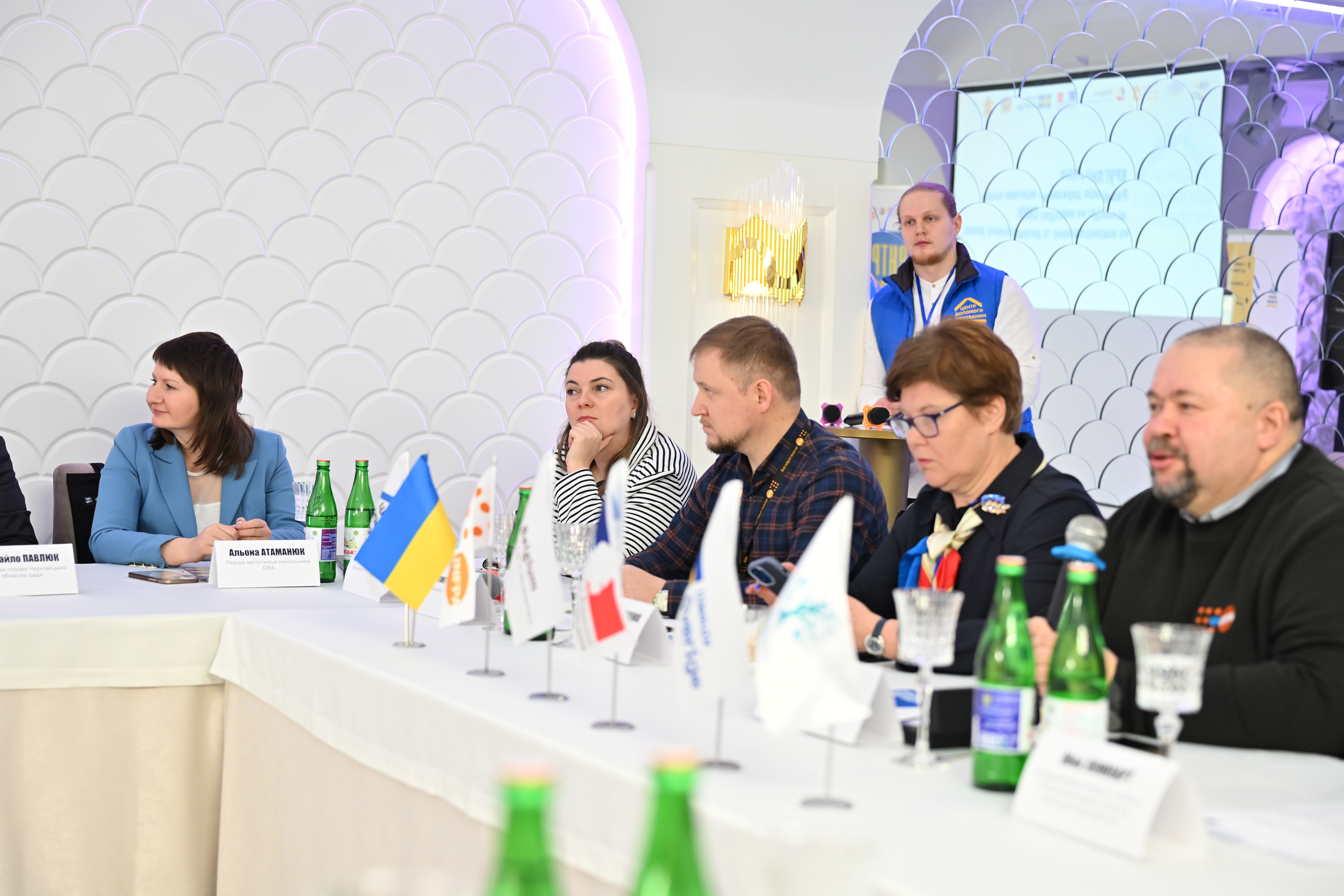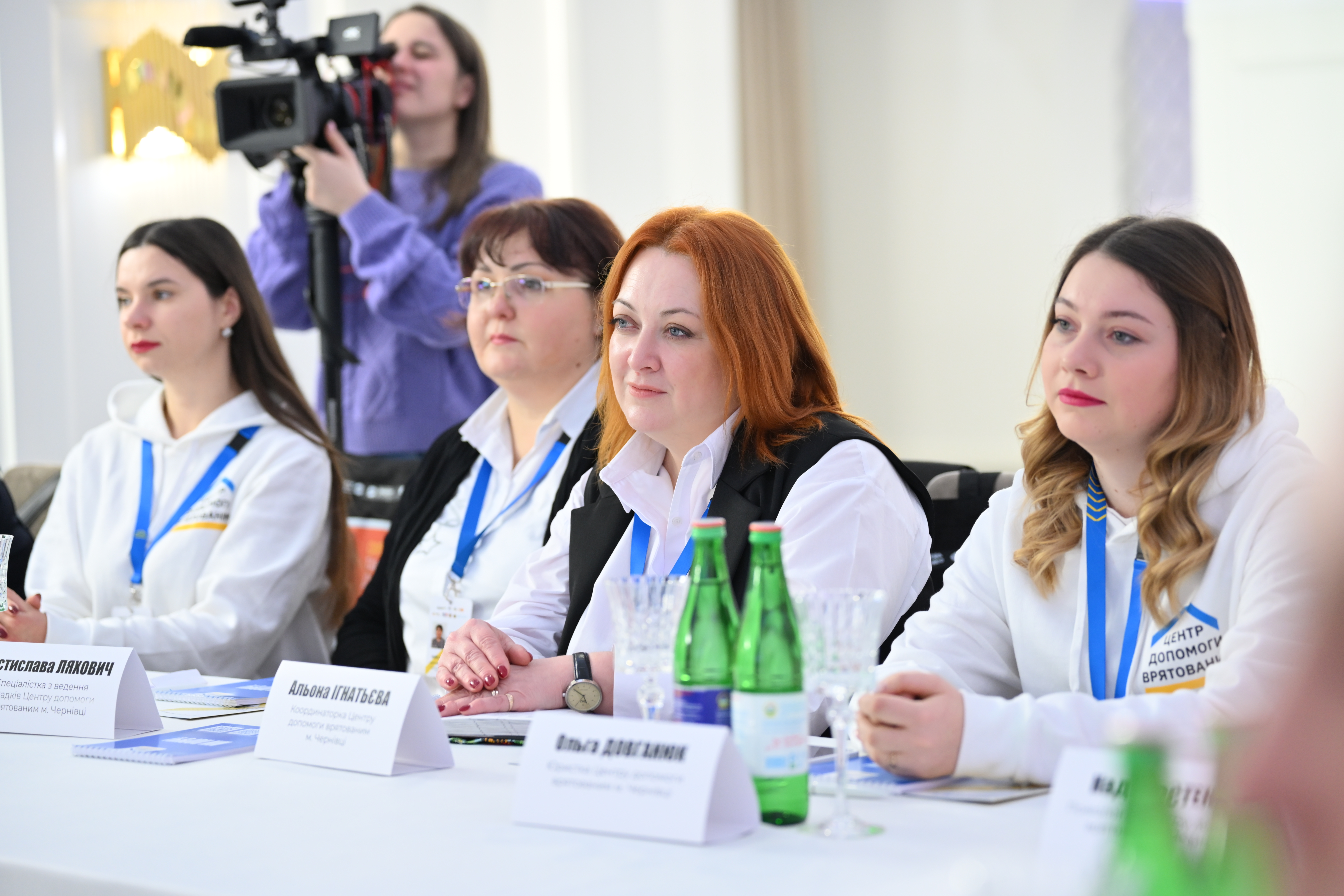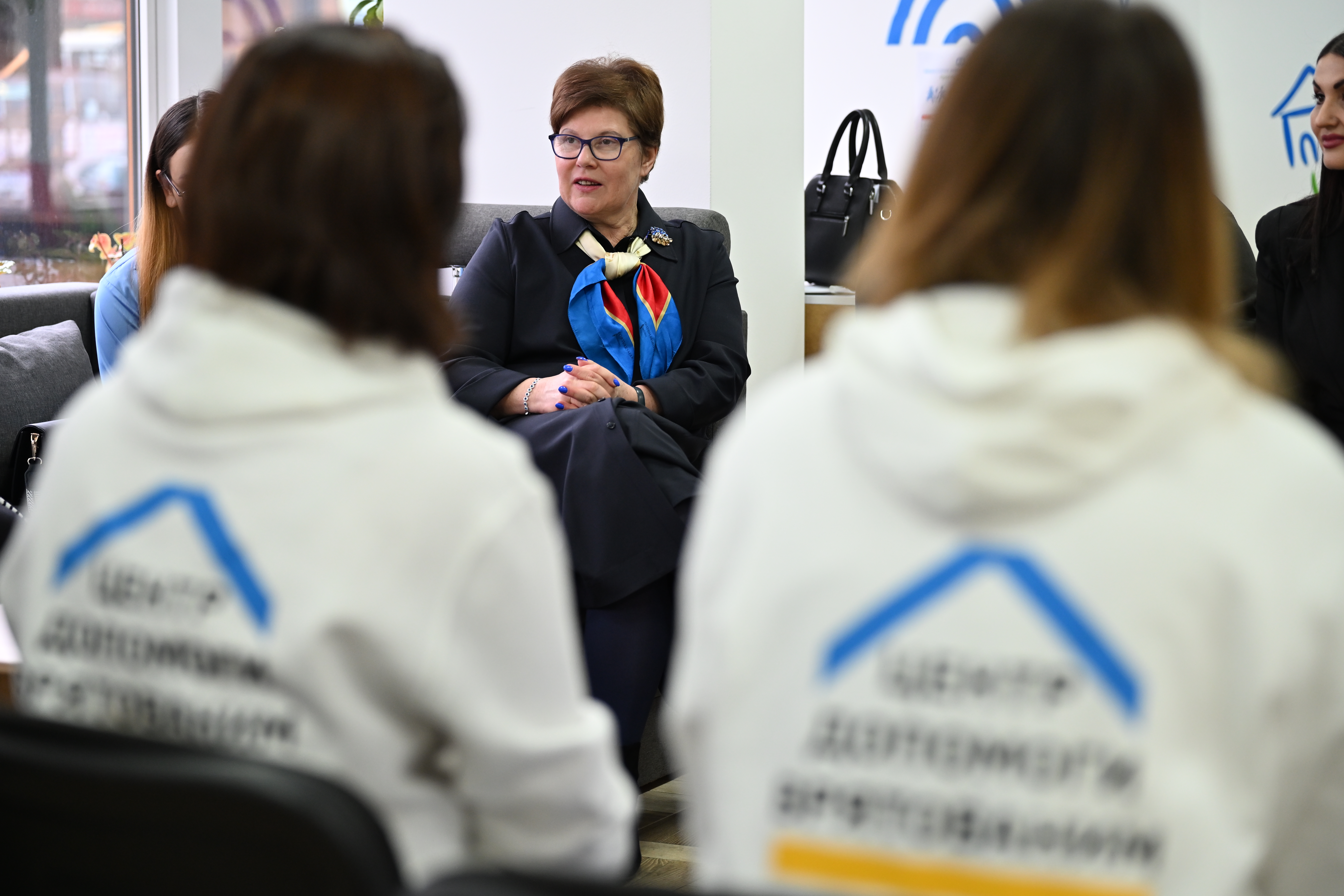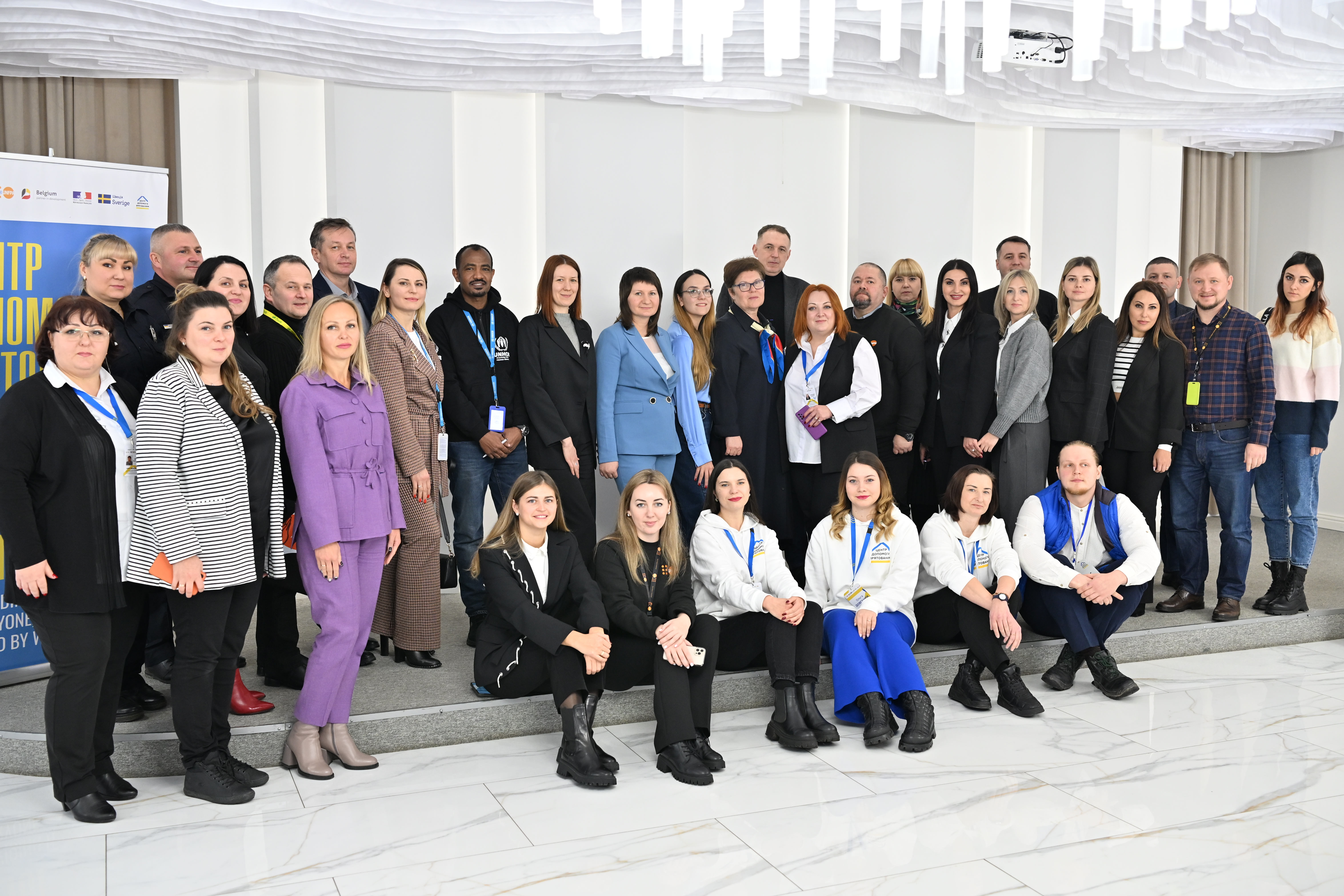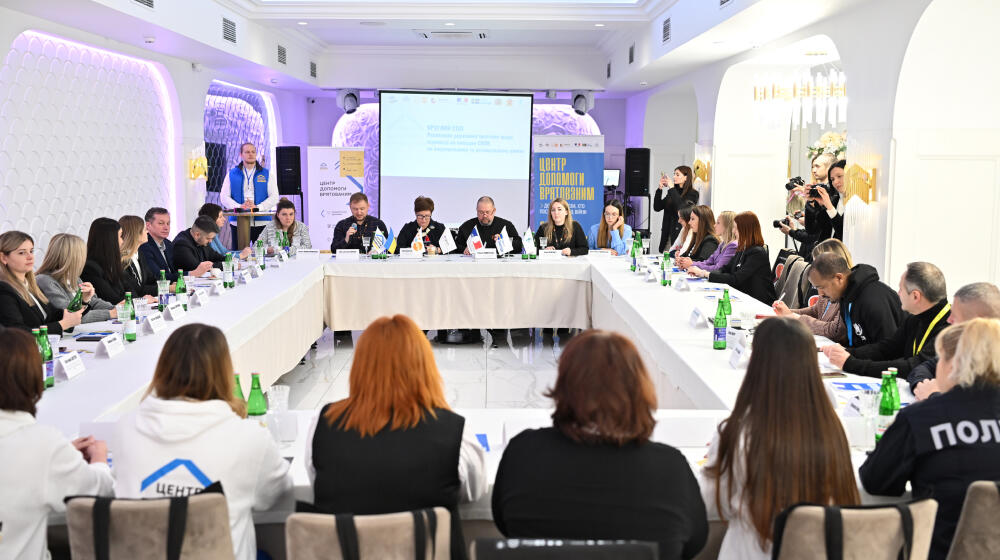On January 18th, Chernivtsi hosted a roundtable discussion on the "Implementation of the state policy on response to conflict-related sexual violence (CRSV) at the national and regional levels". The discussion was attended by Kateryna Levchenko, Government Commissioner for Gender Policy, representatives from the Office of the Vice Prime Minister for European and Euro-Atlantic Integration, Pavlo Zamostian, Assistant Representative of UNFPA in Ukraine, representatives of the Chernivtsi Regional Military Administration, Chernivtsi City Council, police, and NGOs.
Russia's full-scale war against Ukraine has led to an increase in cases of CRSV in Ukraine. Survivors of conflict-related sexual violence need comprehensive psychologocal support. Thus, in May 2022, the Framework of Cooperation on the Prevention and Response to CRSV between the Government of Ukraine and the United Nations was signed, which aims to create a holistic approach to responding to cases of CRSV at the state and local levels.
“Addressing violence, including conflict-related sexual violence, requires a comprehensive approach that involves all actors at all levels. It is this synergy and interaction that make it possible to effectively build a holistic response system. It is very important that our work in this area is based on strong international standards. The policy of equal rights, combating violence, including CRSV, remains a priority for the Government,” – Kateryna Levchenko said during the discussion.
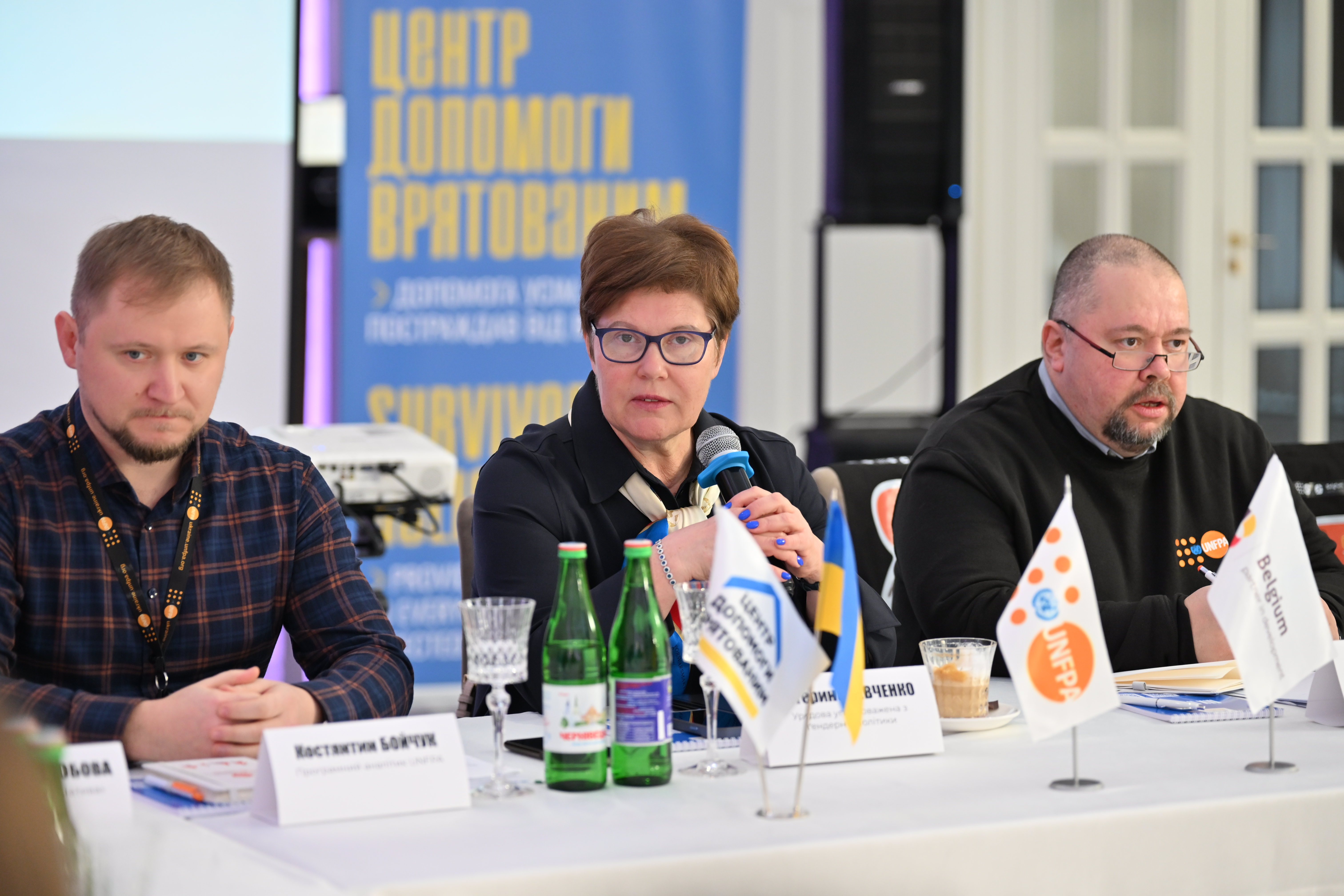
The roundtable was held on the anniversary of the establishment of the Survivor Relief Centre in Chernivtsi. This is a place where Ukrainians affected by war and, in particular, conflict-related sexual violence survivors, can receive comprehensive social, psychological, legal, and informational support. Over the year of the Centre's operation in Chernivtsi, more than 2,700 Ukrainians have received assistance, 91% of whom are internally displaced persons.
“We are delighted to be partners with the Government of Ukraine in an important effort to respond to the challenges of war and, in particular, to establish the Survivor Relief Centres. This is a unique service to provide social and psychological support to Ukrainians in this difficult time. The staff of the Centres are very professional specialists who are constantly improving their knowledge and skills to respond to new challenges related to the war and, in particular, the CRSV. The assistance they provide, the experience they have gained, and the trust Ukrainians have in the Centres are of great importance for building a system to counter violence”, – said Assistant Representative of UNFPA in Ukraine Pavlo Zamostian.
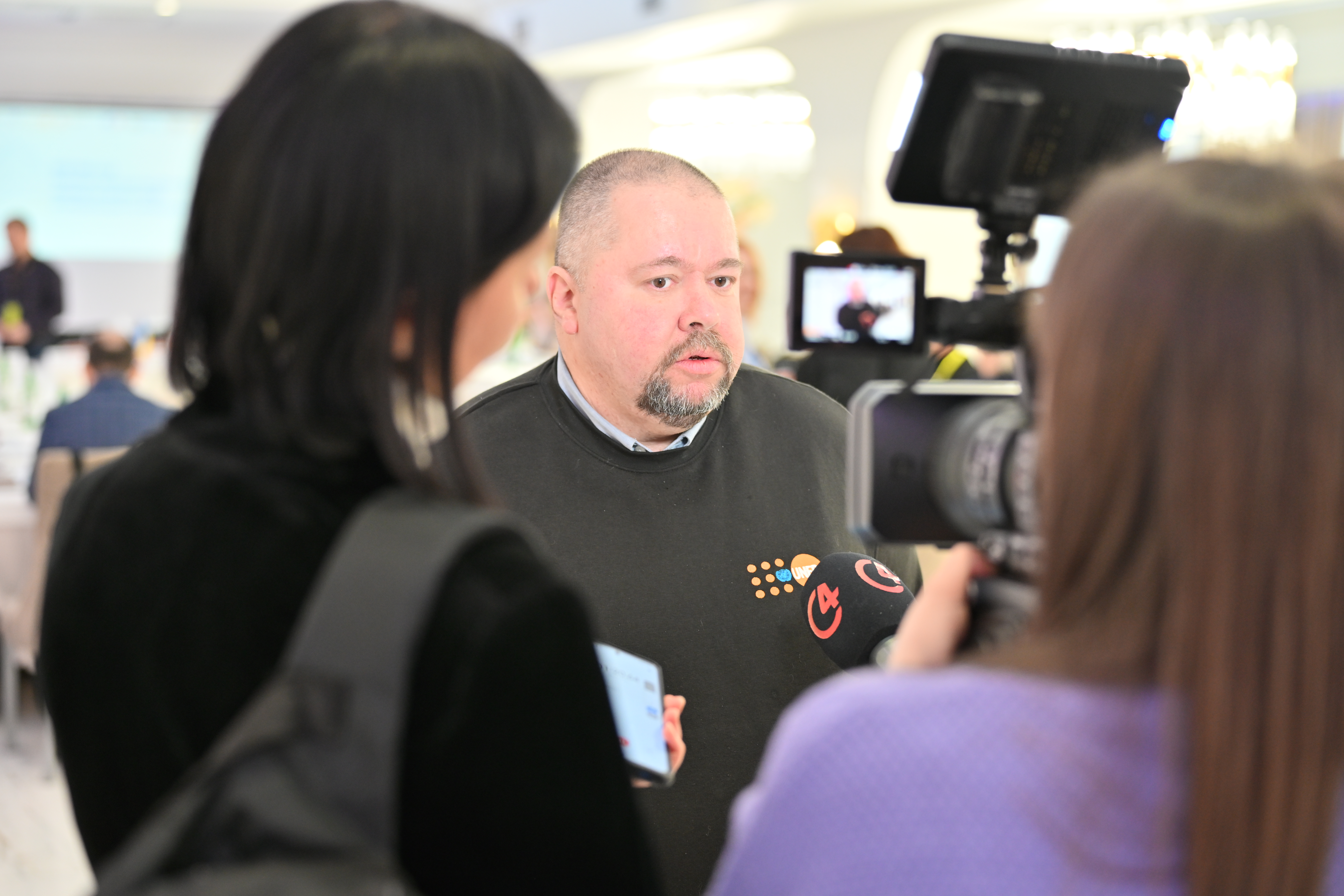
The Survivor Relief Centre serves as a "first step" for survivors into the assistance system, where Ukrainians can receive comprehensive support in one place. The Centre is staffed by qualified psychologists, social workers, lawyers, and case managers who, among other things, provide all necessary support to survivors of CRSV and refer them to rehabilitation if necessary.
“We are grateful to the authorities and international organisations because we all work in synergy and support each other. The war has presented us with new challenges, and we need to respond quickly. And, above all, I see how the team of the Survivor Relief Centre responds. They are truly unique,” – said Natalia Frunze, Director of the Social Policy Department at Chernivtsi City Council.
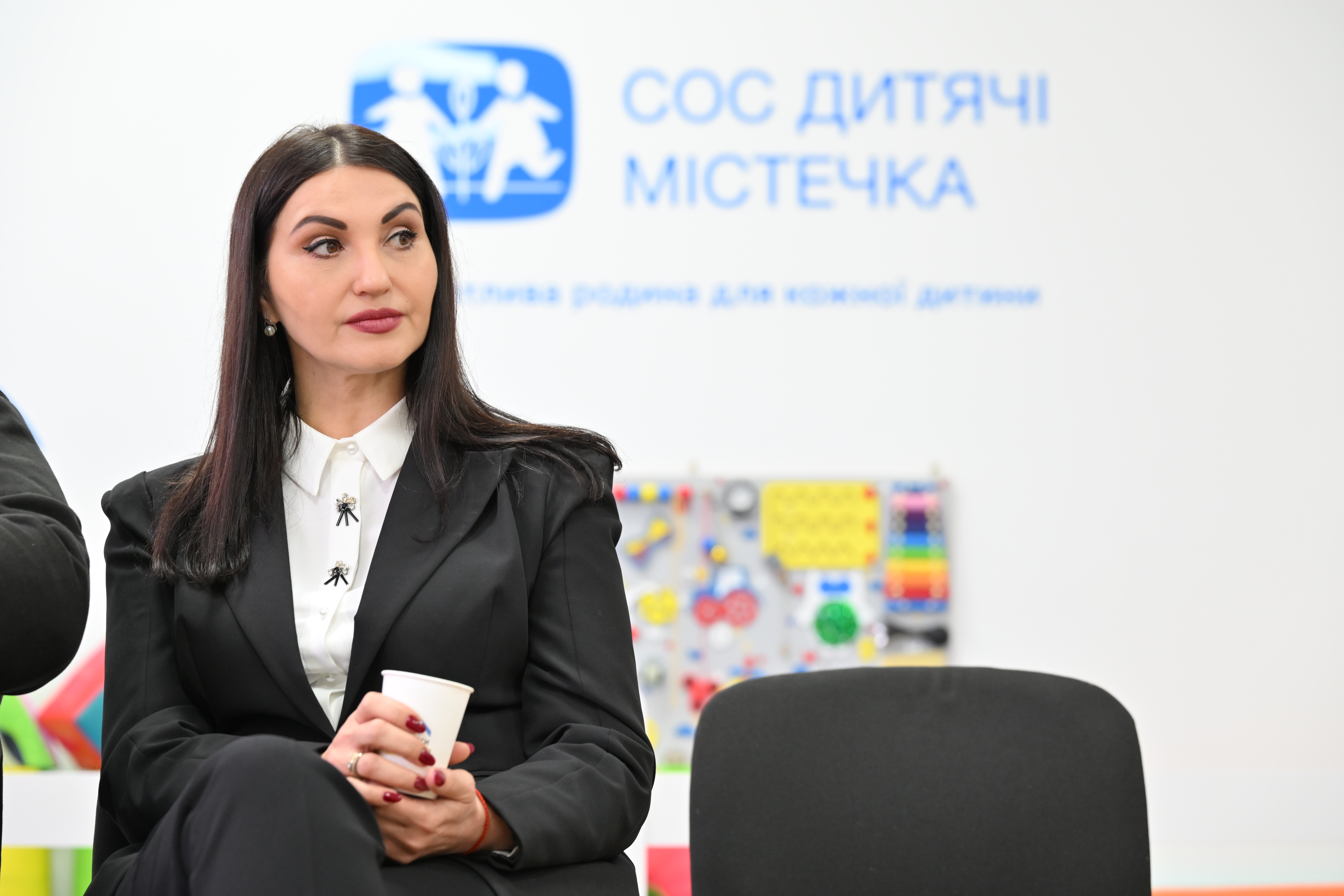
A special feature of the Survivor Relief Centre in Chernivtsi is that it also provides specialized legal assistance to servicemen and civilians who were held in captivity, as well as their families. The Centre is open to everyone - both internally displaced persons and local residents.
In total, there are 11 SRCs in Ukraine in Kyiv, Lviv, Odesa, Dnipro, Zaporizhzhia, Kherson, Kharkiv, Kropyvnytskyi, Poltava, Mukachevo, and Chernivtsi.
The centres were established on the initiative of the Office of the Vice Prime Minister for European and Euro-Atlantic Integration, with the assistance of the Government Commissioner for Gender Policy, in partnership with UNFPA Ukraine, thanks to financial support from the governments of Belgium, France, Sweden, and in cooperation with local authorities and NGOs.
